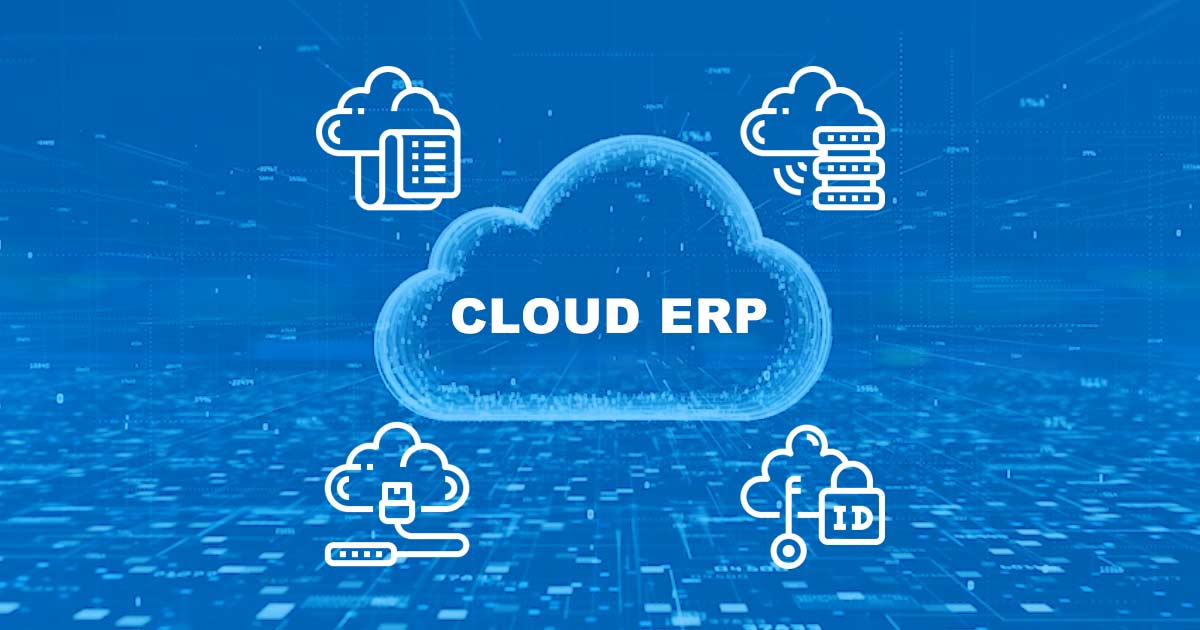ERP software, termed ad enterprise manufacturing software, is a specialised software designed for handling business operations. It can efficiently integrate the company’s operations, ranging from manufacturing, financials, supply chain, human resource actions and reporting.
For the business firms working in the manufacturing industries, it is vital to ensure what they have in their stock, whether the items are in excess or less quantity. It is because unnecessary levels of manufacturing items might lower gains and waste the company’s funds. This is where ERP software like eresource Xcel ERP for manufacturing proves effective as it might solve the problems. However, choosing any resource will not do. You need to select the right system by considering the essential factors.
Traditionally, the ERP systems are installed on-premise, on the company computers and onsite devices. However, there is comprehensive ERP software like the eresource Xcel ERP, which can be deployed and managed in the cloud and thus offers multiple benefits.
How is a cloud ERP system different?
The manufacturing companies willing to integrate an ERP system into their business will have numerous options available at their hands. However, they must make their preliminary decision on whether they must incorporate a cloud ERP system or on-premise ERP system into their company. It is because both have their own individual advantage.
The fundamental difference between cloud manufacturing ERP software and a on-premises ERP system is very clear. A cloud ERP system is where a company host their system in a remote server which will be a third party property and the data is accessed through a ERP software with an internet connection that are centrally managed and stored in remote server. Companies having a cloud ERP system can access the data and system directly through a web browser from anywhere at any time.
On the other hand, the on-premise ERP system software is installed locally on the company’s premises with their own hardware and technical facilities. Instead of the ERP vendor managing the entire infrastructure, the system can put under control of the company’s IT division for supervision and only upgrading and maintenance work will be management by the vendor company whenever necessary.
Benefits of having cloud ERP software
Reduces the set-up expenditures
The on-premises ERP system needs an ongoing and sizeable expenditure for managing the ERP software, hardware, and servers that are essential for running it. Companies without an IT team will require a skilled workforce or outsource the work to a group, with both options appearing at the exact cost.
However, start-up costs for cloud-based manufacturing ERP software like the eresource Xcel cloud ERP software are pretty minimal as the companies need to implement the ERP software according to their demands and access it through the internet. All the present-day IT companies have implemented cloud ERP software into their business operations to ensure that the solution is accurately running, upgrades are rolled out effectively, and the data is secure. Ensure that the ongoing monthly expenditures involve maintenance costs.
Greater security
The cloud-based ERP software like eresource Xcel ERP software offers stringent security measures. It helps business firms stay compliant with data protection certificates. Security protocols of this software prevent any data breach and keep a dependable backup of the data, which can be recovered if there is any loss.
Apart From the security features, cloud ERP software can also deliver real-time information that can be checked online anytime from any location. Therefore, if an employee needs to take an urgent decision based on company data, they can do so by staying in any place in the world. It also helps to access accurate and current data on various personal devices.
Enhanced performance
Cloud-based ERP solution is implemented with enhanced application availability as the entire system is web-based. The system can be exceptionally flexible and adapt to business requirements, making quick and automatic adjustments to offer additional resources for handling the surges and spikes for improved availability.
Final Words
As you can understand, a cloud-based ERP and a on-premises ERP have their benefits. However, in the present-day scenarios, every company in the manufacturing segment or any other sector are implementing a cloud-based ERP for manufacturing as it can deliver real-time results and can be checked in anytime from any corner of the globe. eresource ERP is a cloud-based ERP software that can serve the purpose of any business company, satisfying its demands and requirements.


